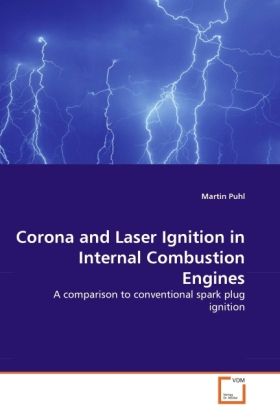
Puhl, M: Corona and Laser Ignition in Internal Combustion En A comparison to conventional spark plug ignition
-
- Englisch ausgewählt
52,99 €
UVP
59,00 €
inkl. MwSt,
Lieferung nach Hause
Beschreibung
Details
Einband
Taschenbuch
Erscheinungsdatum
01.01.2011
Verlag
VDMSeitenzahl
124
Maße (L/B/H)
22/15/0,7 cm
Gewicht
182 g
Sprache
Englisch
ISBN
978-3-639-32311-5
Unsere Kundinnen und Kunden meinen
Verfassen Sie die erste Bewertung zu diesem Artikel
Helfen Sie anderen Kund*innen durch Ihre Meinung
Kurze Frage zu unserer Seite
Vielen Dank für dein Feedback
Wir nutzen dein Feedback, um unsere Produktseiten zu verbessern. Bitte habe Verständnis, dass wir dir keine Rückmeldung geben können. Falls du Kontakt mit uns aufnehmen möchtest, kannst du dich aber gerne an unseren Kund*innenservice wenden.
zum Kundenservice